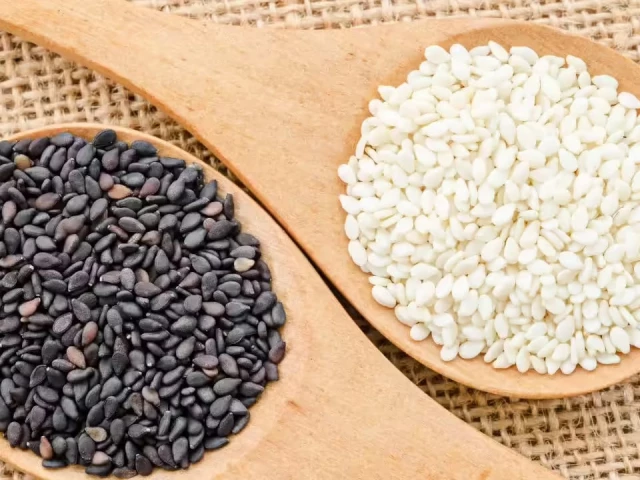Pakistan strives to achieve an export objective of 10,000 metric tonnes of sesame seeds to China in 2025 as part of agricultural cooperation initiatives linked to the Chine-Pakistan economic corridor. Managers and industry representatives claim that the effort is supported by contractual agricultural projects, technology transfer and improvements in current infrastructure with Chinese aid.
China Machinery Engineering Corporation extended sesame agriculture to approximately 5,000 acres in Pakistan. The company has introduced modern agricultural practices, provided training for farmers and implemented quality standards to ensure the coherence of production. This collaboration aims to strengthen the sesame supply chain and prepare farmers to meet the growing demand for Chinese buyers.
Pakistan sesame exports to China have shown rapid growth in recent years. In 2024, trade was estimated at around 226 million US dollars. Officials provide that exports could continue to increase sharply in the coming years, because Chinese demand for sesame products, including cooking oil and healthy foods, remains strong. Some estimates suggest that Pakistan’s overall agricultural exports to China could reach more than 20 billion US dollars in the long term if cooperation under the Belt and Road initiative continues to develop.
Read: Sesame seed exports to China have reached $ 49 million
Analysts claim that contractual agriculture offers farmers greater stability by guaranteeing access to buyers and advice on culture practices. Research institutions in the two countries have tested sesame varieties adapted to local soil and climate conditions. Improved seeds, the use of fertilizers and the management of pests are highlighted as key elements to improve performance and maintain the quality of exports.
At the same time, challenges remain. Extreme weather events and floods can disrupt planting or reduce production in certain areas. There are also concerns about whether all farmers will be able to quickly adopt modern practices. Satisfaction with quality and phytosanitary standards required for Chinese markets is considered essential to maintain the commercial relationship.
China’s sesame demand is important, imports exceeding one million metric tonnes per year. Pakistan, due to its geographic proximity and its expansion production base, is positioned as a reliable supplier. The achievement of the 2025 objective of 10,000 metric tonnes would represent an important step in strengthening bilateral commercial links and improving farmers’ income. Managers believe that the initiative highlights the broader potential of CPEC agricultural cooperation for the economy of Pakistan.
Find out more: Exports of sesame seeds to China increases 180%
Agricultural exports from Pakistan to China has been increasing lately. Rice exports to China have recorded robust growth in the first eight months of 2025, increasing by around 70% in annual sliding, according to data from the General Administration of customs of China.
From January to August, Pakistan exported rice worth $ 44.31 million in China, compared to $ 26.30 million in the same period last year, marking an increase of 68.5%.
An official of the Ministry of Commerce of Pakistan said that a significant contributor to this increase was entirely semi-ou semi-ou rice (HS code 10063020), which brought in $ 33.67 million in 2025, against only $ 5.63 million during the corresponding period of 2024. The exports of broken rice also increased, increasing to increase. dollars.
Analysts note that the growing demand for Pakistani rice reflects its high competitiveness in terms of quality, taste and price. Increased facilitation under the Chinese-Pakistani free trade agreement and closer collaboration between exporters and importers have further accelerated the momentum.
However, the founder and chief executive officer of dynamic engineering and automation, Owais Mir, told China Economic Net that recent floods had caused significant damage to agriculture, which could negatively affect export volumes in the coming months.




